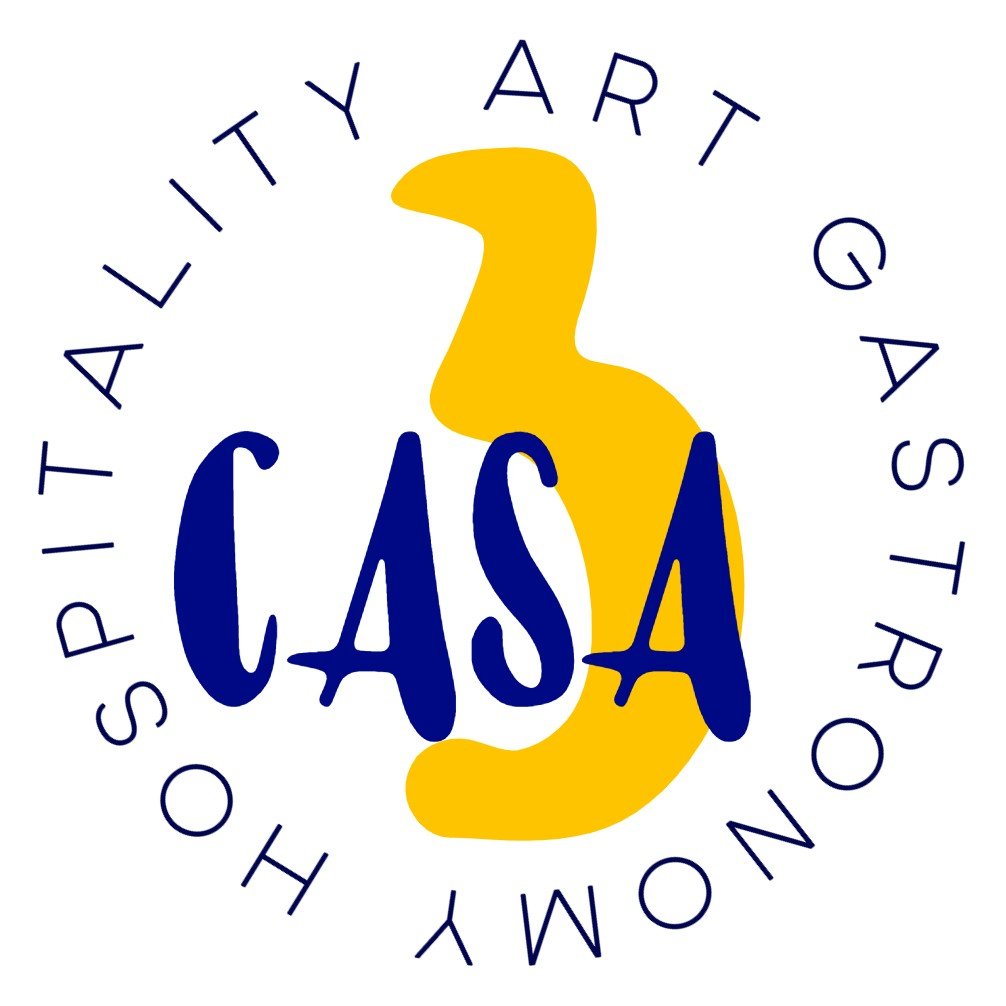Building on fear
The constant assertion of belief is an indication of fear.
Jiddu Krishnamurti
“I wouldn’t wear that shirt if I were you. That can be dangerous.” I am wearing a T-shirt of football club Rekreativo from Banja Luka. A gift from Goran Arbutina, a journalist who interviewed me when I was there. Rekreativo plays in the fourth division and has no ambition to promote to the third. Drinking beer after the match, ‘the third half’, is much more important. More important still are the activities around the football field. The members of the club donate blood regularly, organize community events and seek to lighten the lives of the people in the neighborhood where they are located. It is a poor neighborhood and because there isn’t much else to do and because no one has money for leisure activities the club doesn’t charge any fees for football training and coaching for the youth. Goran is one of the founders of the club and his brother, a professional football trainer, is coaching the kids, 43 in total.
The warning to better not wear the T-shirt comes from Stefan, a Law student in Sarajevo who read Goran’s article and invited me to stay with him. Sarajevo is the capital of Bosnia Herzegovina, but in reality things aren’t so simple. Sarajevo is divided in different parts like Berlin once was. There is no Berlin wall, but there are area’s with only Serbs, with only Bosnians and area’s with just Croatians. In the center of town, going out, everything mixes, but you don’t want to give the impression that you are overly attached to your own ethnic group. Rekreativo is from Banja Luka which is located in Republika Srpska, a part of Bosnia Herzegovina, but as the name already indicates it is Serbian in majority and outlook. Rekreativo doesn’t care for ethnicity or religion and except for its community building ideals, it is tiny. Yet wearing that T-shirt in Sarajevo would be like walking around with a Real Madrid shirt in Barcelona. Not a good idea.
This country is full of contradictions. I arrived in Sarajevo yesterday, after having walked through a valley for two days were I saw Croatian flags waving and Croatian beer advertisements in the streets. On the edge of the city I crossed paths with another walker, Sefer, a 59-year old muslim from Mostar who is on his way to Tusla and Srebrenica. He will be joined in Sarajevo by 58 others and in Tusla by hundreds more. They will arrive on the 11 of July, the date of the Srebrenica genocide. He doesn’t speak English, but knows a handful of German words, and with what I have picked up from the Slavic language so far we manage to exchange thoughts. He asks me if I will join him on his first stop in Sarajevo, a catholic church on the edge of town. In front of the church he takes off his cap and presses his right hand to his breast while he stares up at the cross on the top of the tower. He doesn’t say anything out loud, but I am sure he is praying. His march is not just about commemorating the victims of the Srebrenica massacre, it is about reconciliation and mutual understanding.
Sefer’s first wife was shot during the war, which makes it all the more impressive what he is doing. He is a Bosnian muslim, but for he largest part of his life he lived in Yugoslavia, where nationalistic and religious differences were suppressed in favor of Tito’s form of communism. He is the second communist I meet, the first being Robert, a policeman from Busovaca where I stayed at a few days earlier. Robert is catholic. He had a portrait of Tito hanging on his wall and not just for nostalgic reasons. With all that came to pass after the falling apart of Yugoslavia, Tito’s image now more than ever represents the possibility of all these religions and nationalities living peacefully together. It is ironic indeed that most of the street names that referred to him have been substituted by new ones, in all the former Yugoslavian countries. It is not Slovenian to like Tito, it is not Croatian and it is not Serbian or Bosnian. It is anti-nationalistic and therefore has no place in the new order of things.
I am no communist, not a socialist even, but in this part of the world I can understand the wish to return to it. Communism is as idiotic as any other ideology, because it aims to synchronize people to comply to an all-encompassing system. But at least communism had a vision about how people might live together, while the religious and nationalistic rhetoric shows only how they can die separately. In the days of Tito, Bosnia Herzegovina was the richest region of Yugoslavia, but in the war much of its industry and infrastructure was destroyed and it is now one of the poorest countries in Europe. Yet somehow they find the money to build new mosques and new churches everywhere. Personally, I believe they would be wiser to take the example of Rekreativo in Banja Luka and concentrate on things that bring people together. From what I have seen from the center of Sarajevo, they have excellent facilities for a great third half!
